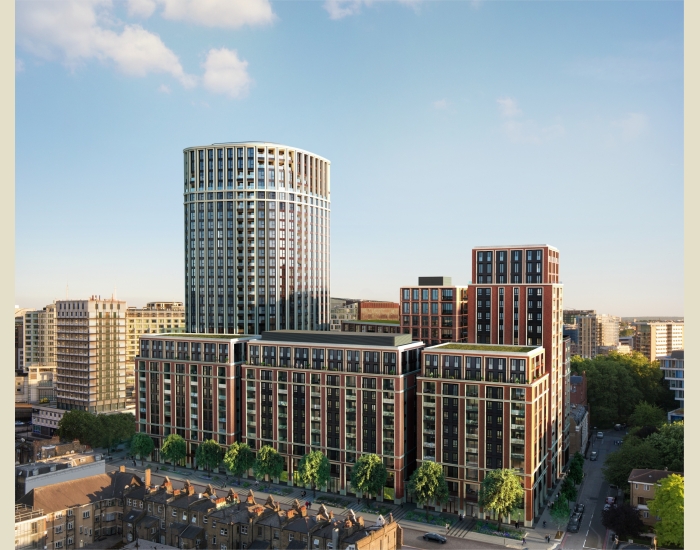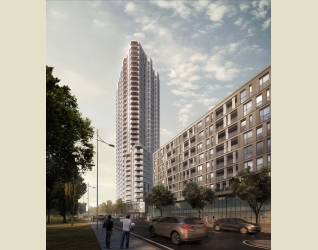United Kingdom Property
The United Kingdom (UK) has always been a hotspot for further education, and with the epidemic and the extension of the British National (Overseas) Passport (BNO) holder's rights by the British Government, property prices in the UK have again become a major concern for Hong Kong people. Many Hong Kong people who aspire to live in the UK have joined the property boom, pushing up the prices of properties in the UK, with property prices in the neighbouring areas of London having risen by 2% this year, which is more than what was forecast a few months ago.
The increase in time spent indoors as a result of the foot ban has also attracted local residents who want larger homes and gardens, further increasing the price of property in the UK. London has long been severely undersupplied for local residents and this, combined with the UK's strong economy and high demand from overseas investors, has led to a renewed tightening of supply.
For first time buyers, tax incentives are available to all, whether you are a British national or not. Each property is subject to an additional 3% Stamp Duty, even though the first £125,000 of the original property price is not taxable, investors still have to pay 3% Stamp Duty. The land tenure system in the UK is very different from that in Hong Kong. When buying property in the UK, we can choose to buy the freehold or leasehold of the property. The main difference between the two is that freehold means 'absolute ownership', i.e. the owner owns the land and the buildings built on it in perpetuity, whereas leasehold is a concept of renting the land for a longer period, usually 90 or 120 years, and can be renewed at the end of that period, so we still refer to it as 'buying'.
The disadvantages of purchasing a leasehold title are that you have to pay the landlord an annual rent, maintenance fees, service charges and building premiums, and you cannot carry out works on the property at will, including alterations or renovations. In addition, the price of a leasehold-only property is lower and the price of the property decreases as the remaining valid lease term decreases, so it is generally not advisable to purchase a leasehold with less than 40 years remaining, otherwise it will be difficult to sell the property in the future.
London Property
London is the UK's largest city and the nation's capital. London also has the highest incomes in the top five cities, with a weekly salary of £737, which equates to an annual salary of £38,429, so the potential for property appreciation is high in London's near city centres, with good transport links to help support property prices, but rental returns are lower than in other cities. Suburban London has a relatively high rental return and is more suitable for families with young children as these areas are greener and quieter.
London is made up of 33 administrative boroughs, of which 14 in Inner London are considered to be the first line of choice. Some people divide London into Zone 1 to Zone 6 based on the rail network, with the most central areas being Zone 1, such as Kensington and Chelsea and Westminster, north of the River Thames, which are close to the executive and the traditional financial heart of the city, and are located to the west of London, with resources for business, media, technology and education. The proximity to many of London's top schools and institutions of higher learning has traditionally made West London the most expensive location for property prices. Some people are looking to East London. East London has traditionally been regarded by locals as a poor place to live, but with the development of the Canary Wharf business district and the opening of the Elizabeth Crossrail, developers have stepped up their investment in the area, leading to a steady stream of new developments in recent years.
West End Gate
London, United Kingdom
From GBP 917,500*
Details





